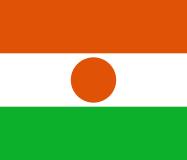
Visa and entry requirements Niger:
Passport required
To enter Niger, German citizens need a valid visa and proof of a valid yellow fever vaccination. Further information is available from Embassy of the Republic of Niger in Berlin.
Visa costs: 61 euros
Information from the Foreign Office about your trip to Niger:
https://www.auswaertiges-amt.de/de/nigersicherheit/226384
Niger is a landlocked country in Central Africa with around 23.5 million inhabitants. The desert state borders Nigeria and Benin to the south, Chad to the east, Burkina Faso and Mali to the west and Algeria and Libya to the north. The Niger River, Africa's third largest river, flows through the southwest of the former French colony, which has been independent since 1960. The official language of the country is French and the CFA franc BCEAO is used as payment, with 1 euro corresponding to around 655 XOF.
Niger is one of the poorest countries in the world and ranks second to last in the human development index. The population is growing extremely quickly due to the number of new births and the birth rate is the highest in the world at 6.95 children per woman. Almost half of all residents are younger than 15 years. Most child weddings, 74% of all girls between the ages of 15 and 18, take place in this African country. Around 96% of the total population of Niger profess Islam.
The largest cities in Niger include Niamey, Maradi, Zinder, Arlit, Tahoua, Agadez, Birni-N'Konni, Dosso, Tessaoua, Diffa and Gaya.
In the eastern part of Niger is the Sahara Desert, which occupies around 64% of the national area. The highest peak in the country is the 2,022 meter high Idoukal-n-Taghes in the Air Mountains. A consistently hot and dry climate prevails throughout the national territory.
Baobab trees and mahogany trees grow in the southern dry savannah. Due to the lack of vegetation in the desert areas, wildlife is mainly limited to the western part of the country. In the W National Park there are still isolated elephants, lions, giraffes, buffaloes, antelopes and hippos.
Niger's economy relies on mining, agriculture and services. Uranium mining accounted for more than two thirds of total exports, making the country the largest African uranium producer. The crops grown in agriculture are vegetables, tobacco, peanuts, beans and millet.
The capital and largest city of Niger is Niamey with around 1.2 million inhabitants. Niamey, located in the southwest on the Niger River, is the country's political, economic and cultural center. The city's attractions include the Great Mosque of Niamey, the Kennedy Bridge, the Friendship Bridge, the National Museum of Nigeria, the Amphitheater, the Hippodrome, the Grand Marche Central Market, the Cathedral of Our Lady of Perpetual Help and the Cite Caisse Mosque.
In August 2017 I traveled to Niamey for two days from Tunisia. It was a bit scary to take a taxi through the unlit city center after arriving in the evening. In the houses and on the main streets, the residents made some light, albeit with open fires.
After my online booking in a 4-star hotel in the city center couldn't be found, I was actually happy because I couldn't possibly have slept there for 180 euros per night. So I had the taxi driver drive me to the only 5-star hotel in Niamey and booked a decent room there for one night for 250 euros in cash.
The next morning I took a little tour of the city on the way to the airport and saw some really frightening images. In the end, for me Niger was probably the saddest place and the most poverty-stricken I have ever traveled to.

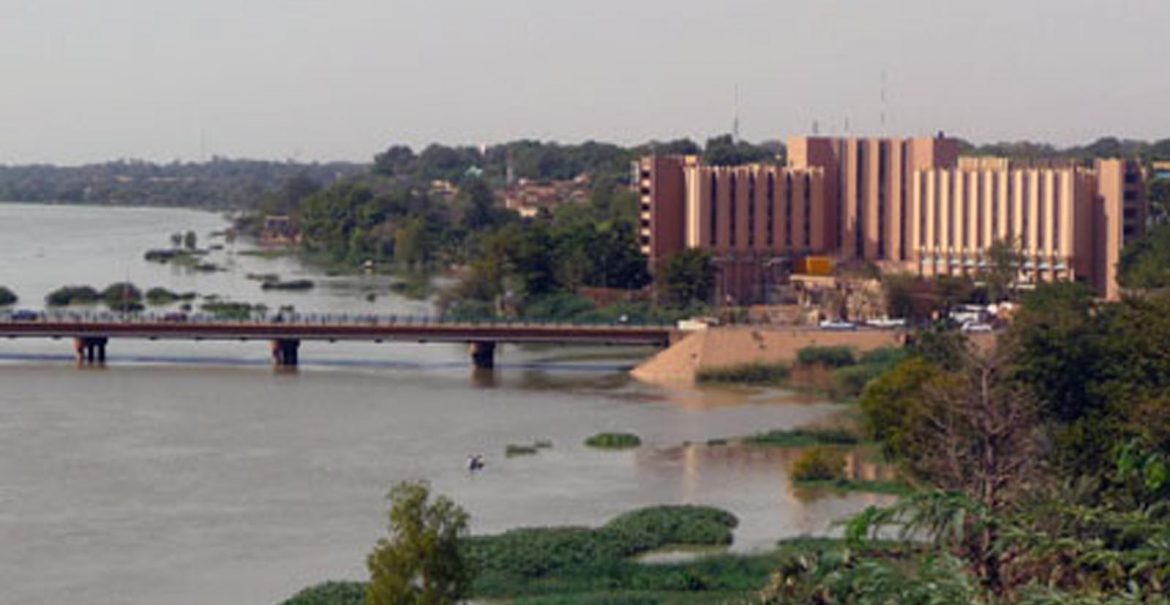
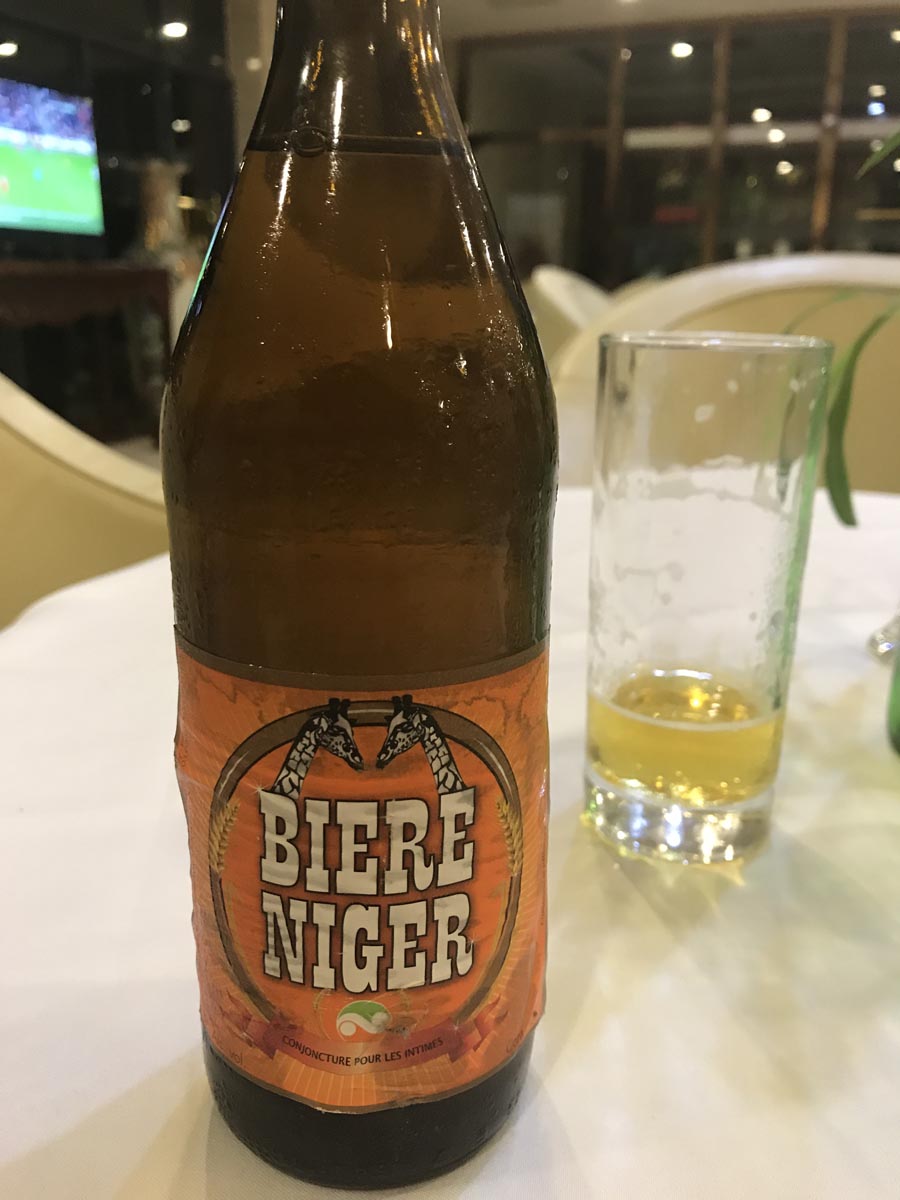
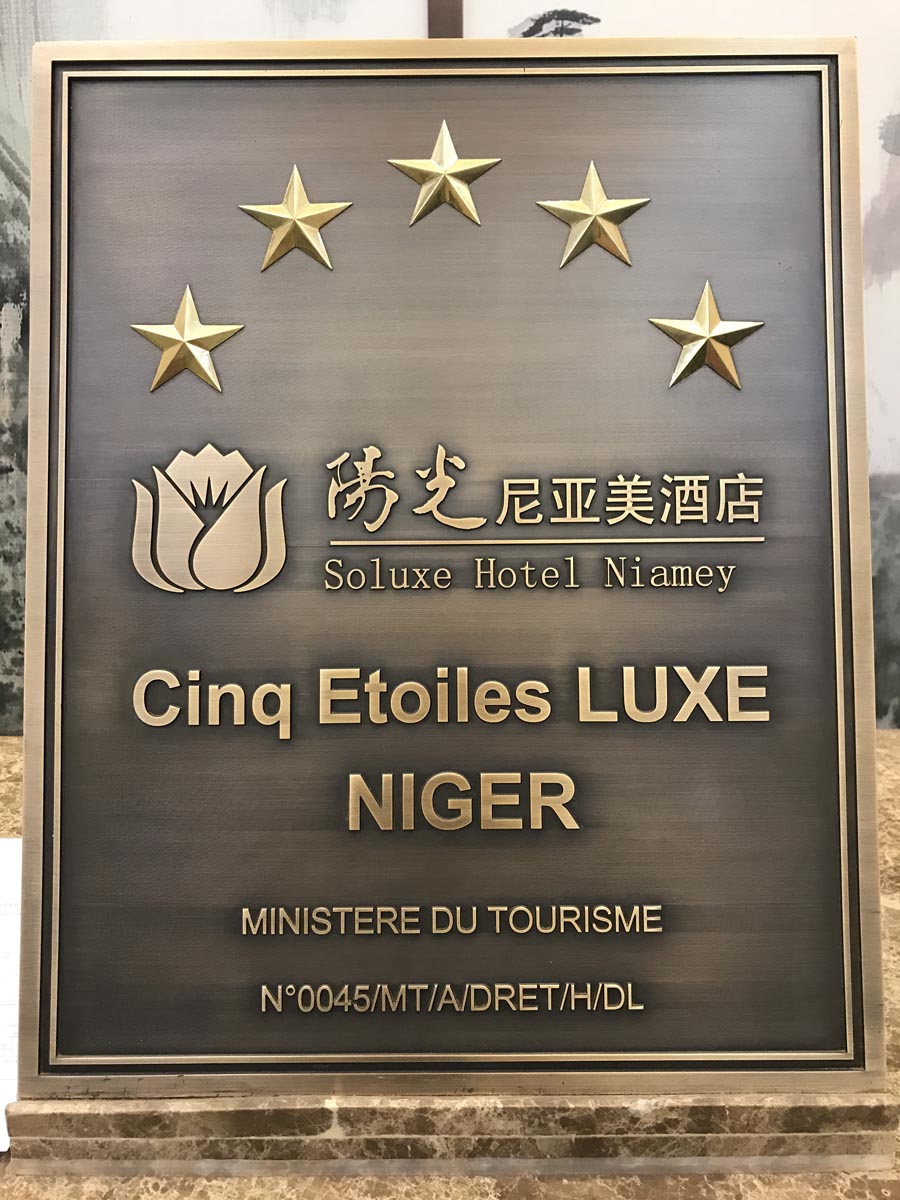
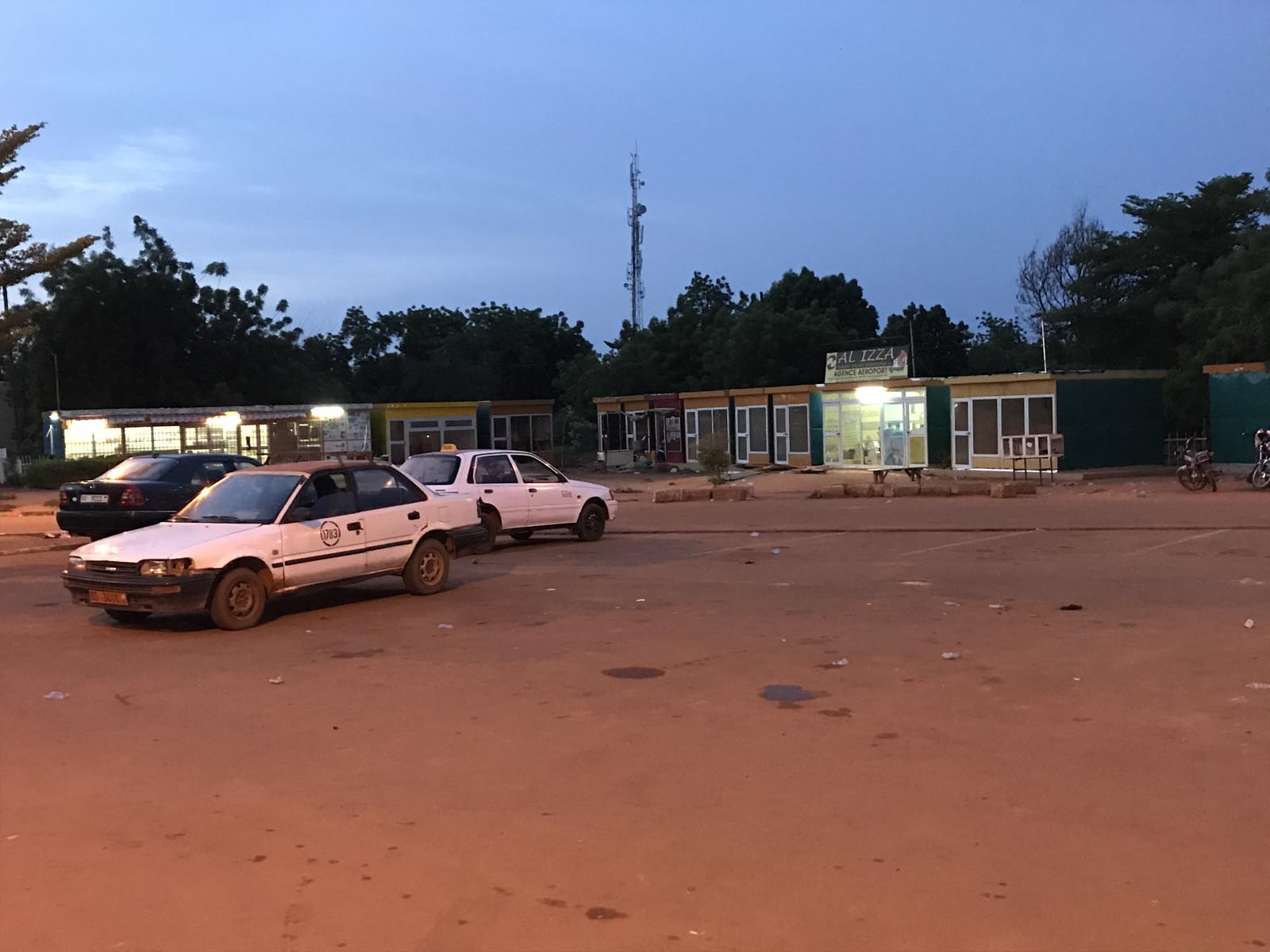
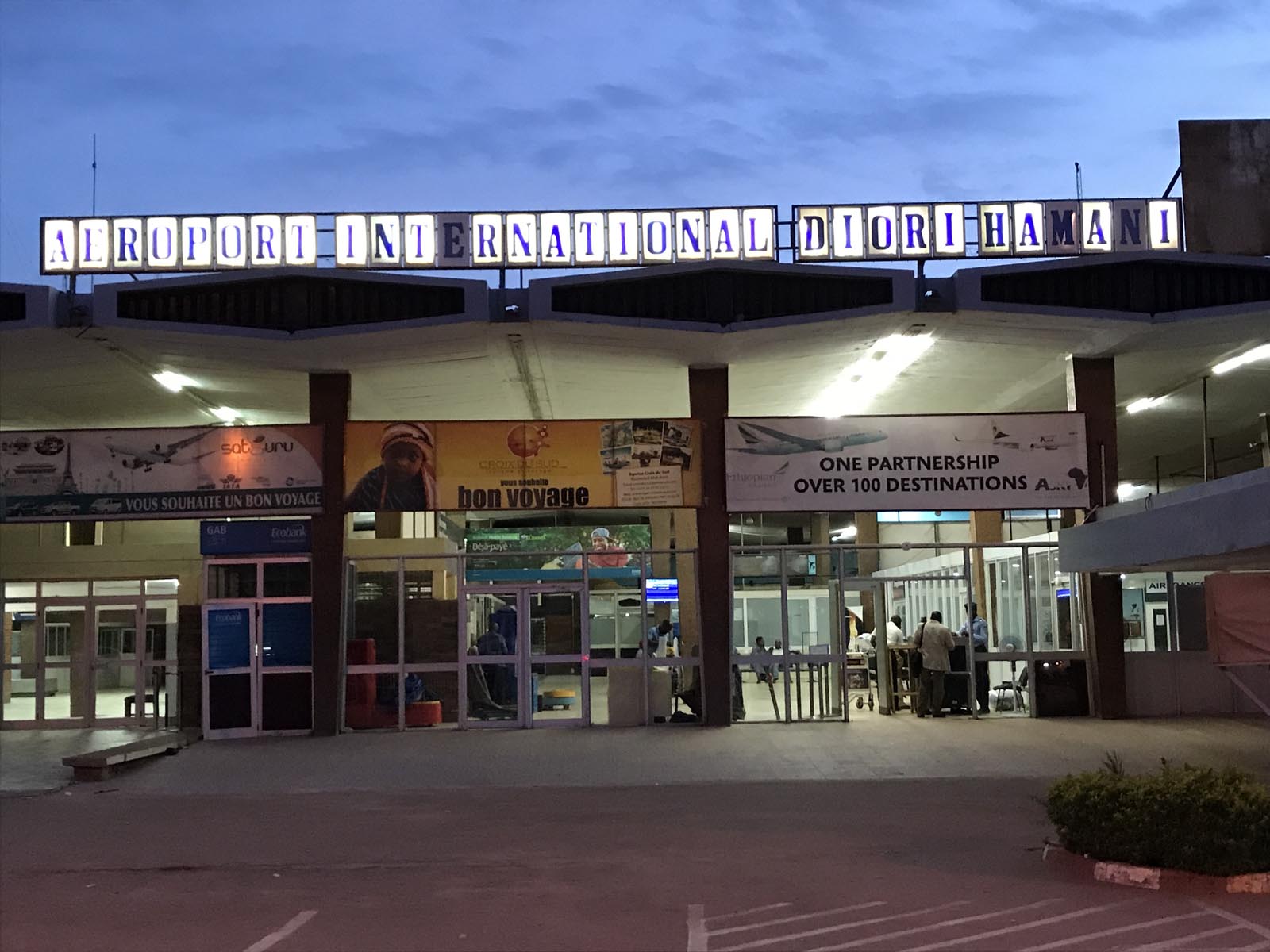
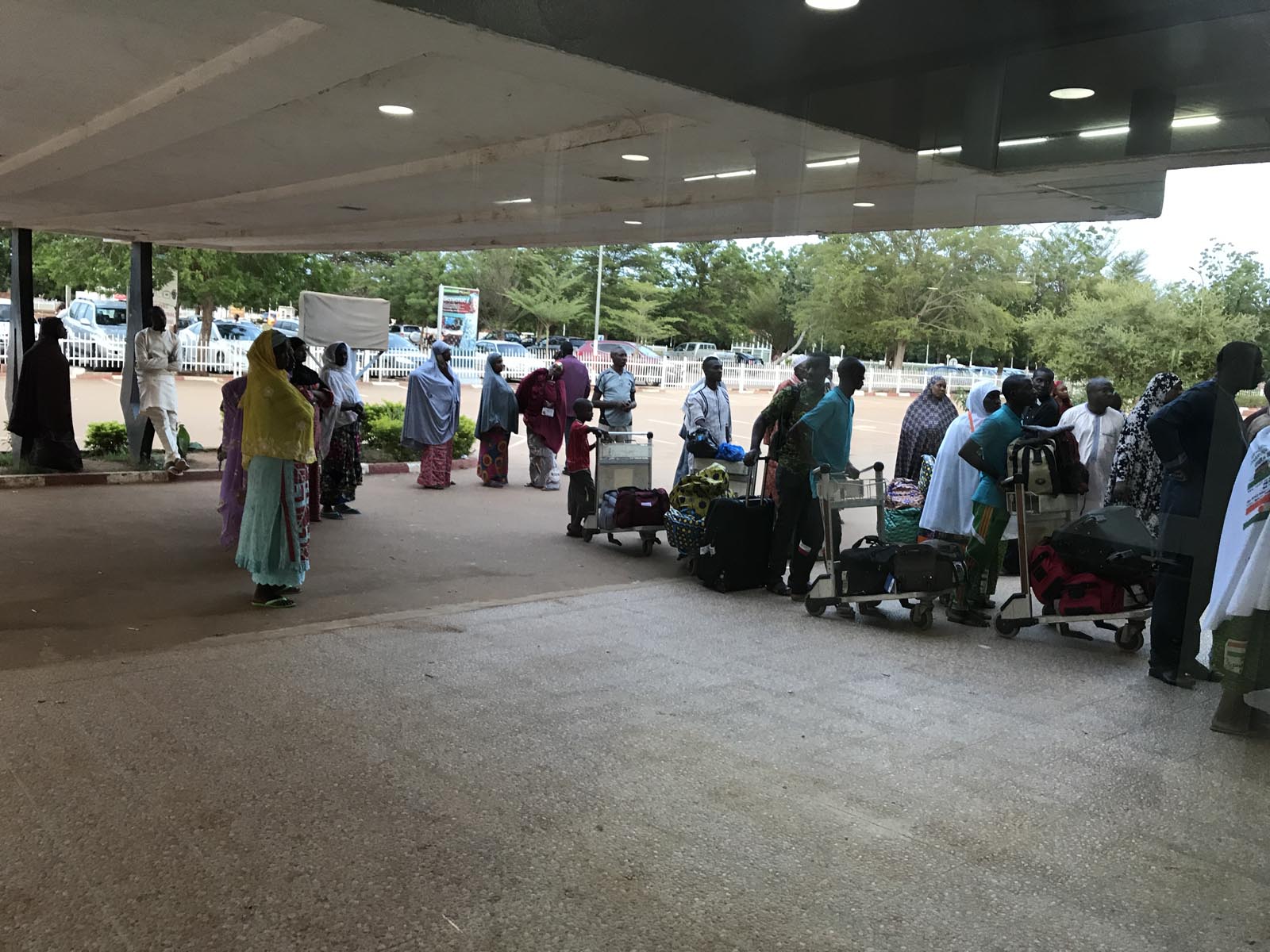

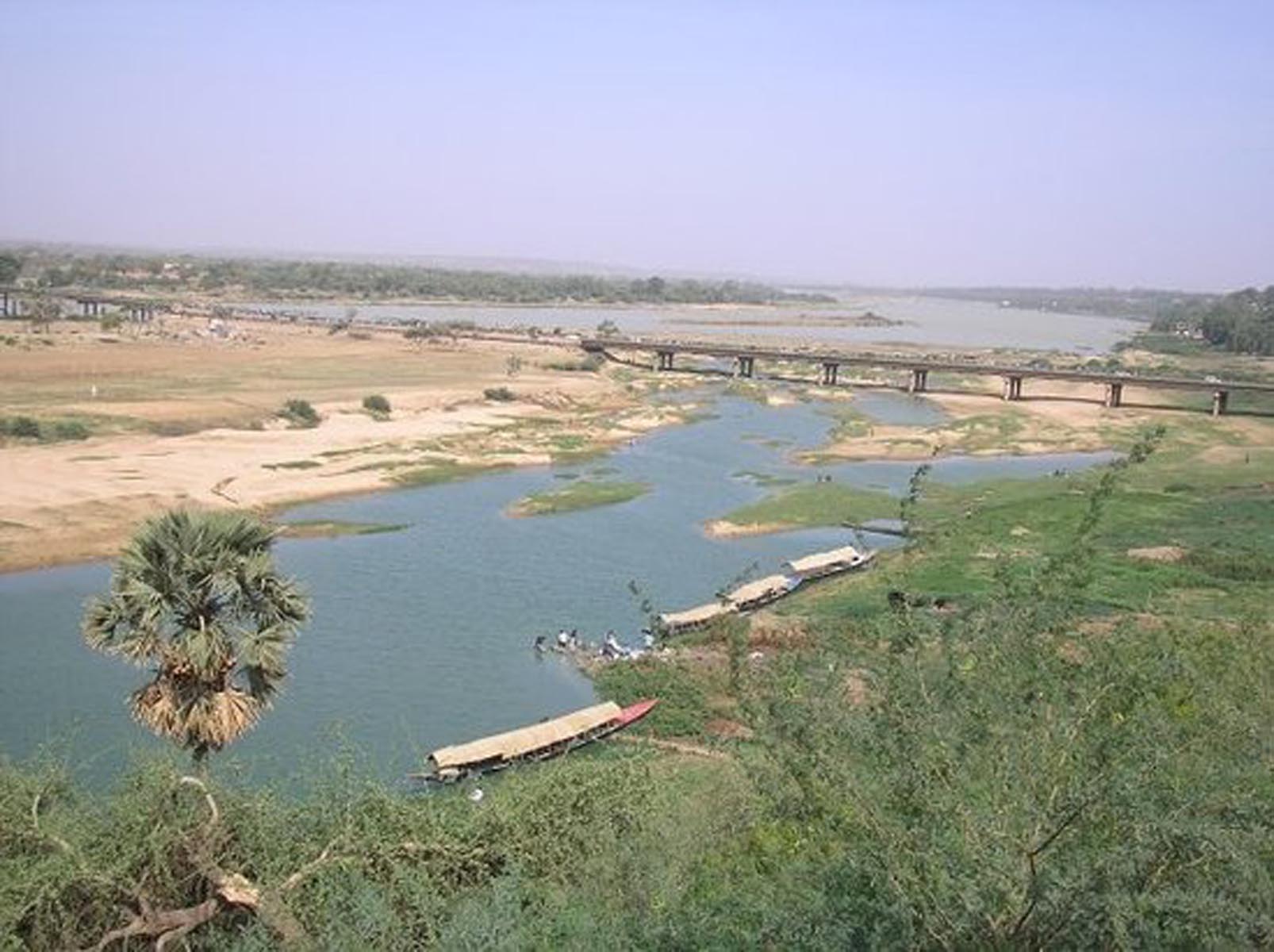
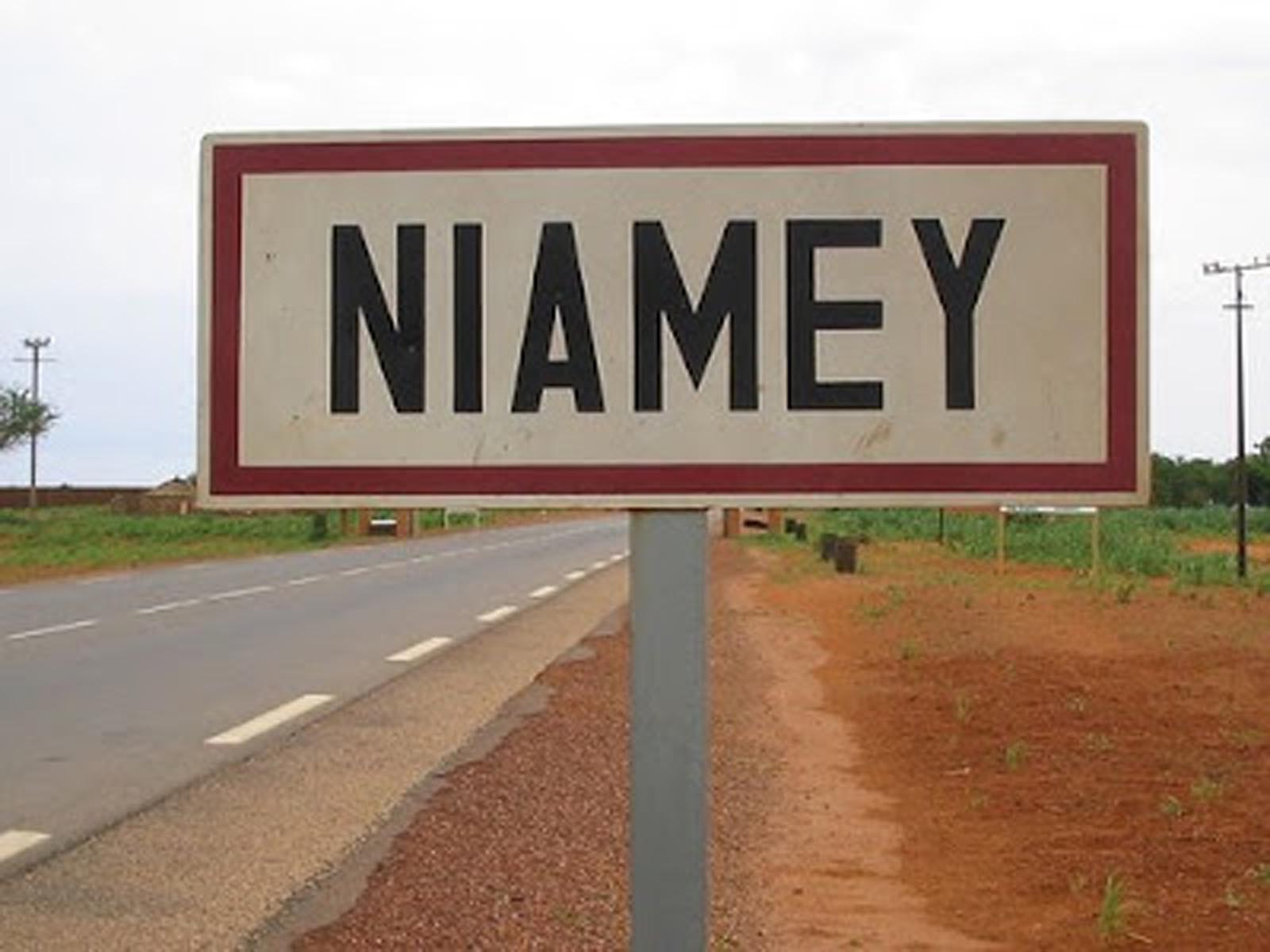
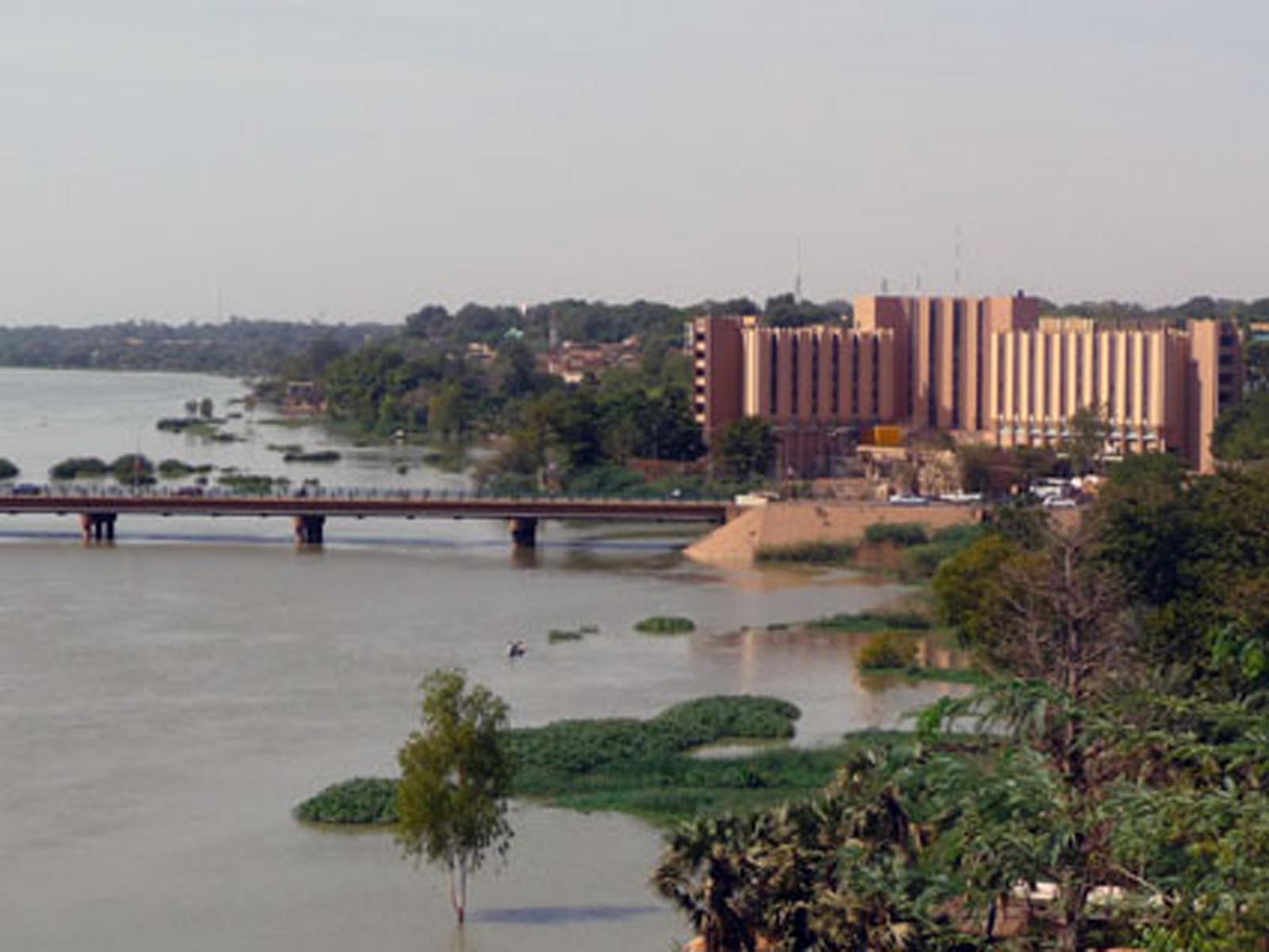
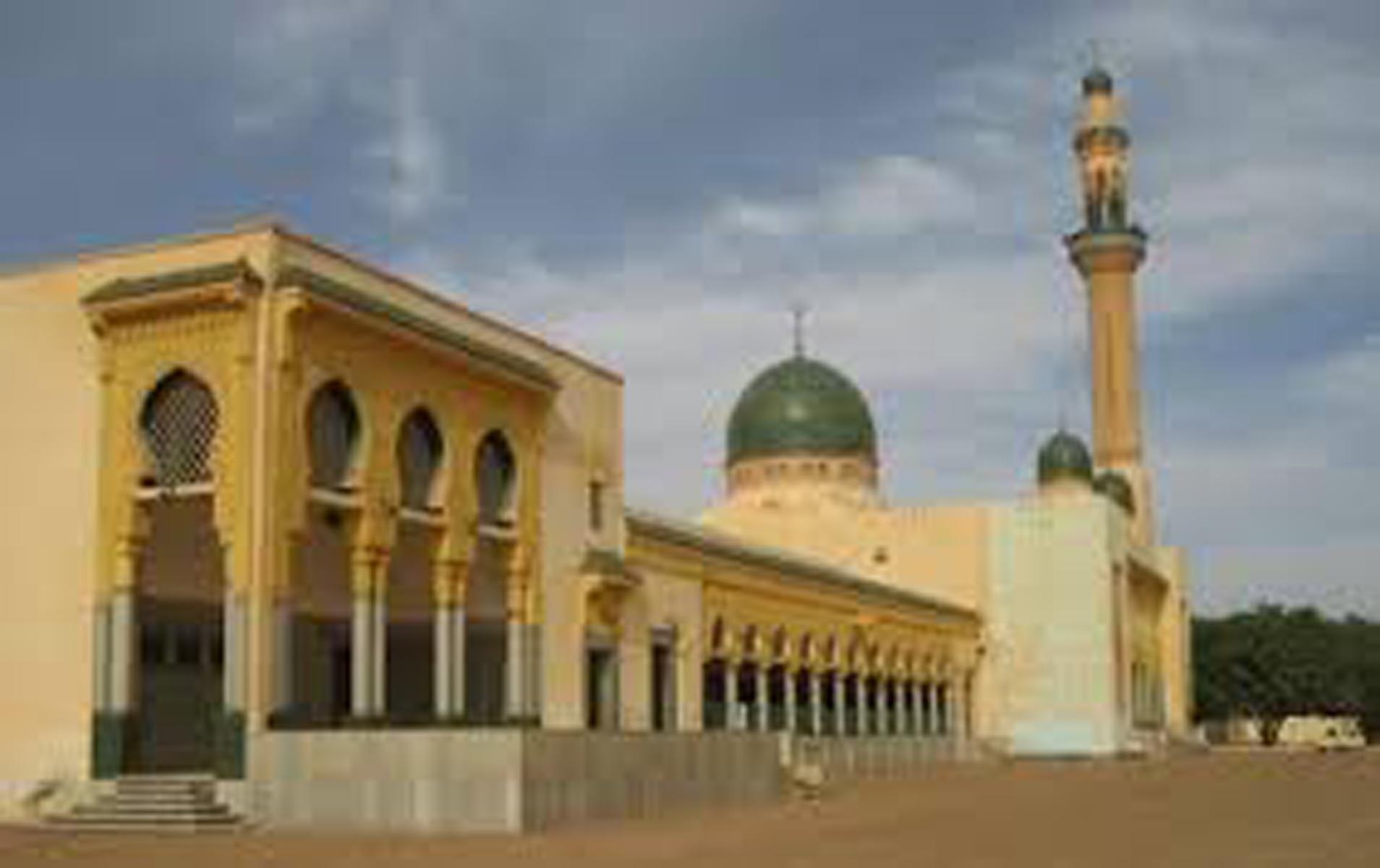
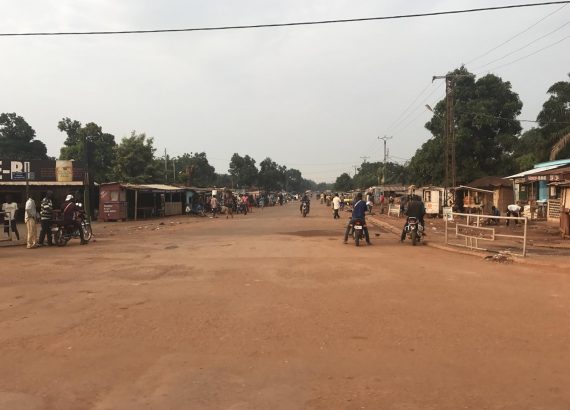
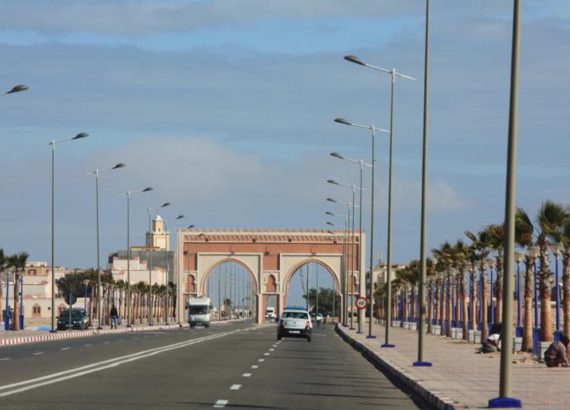
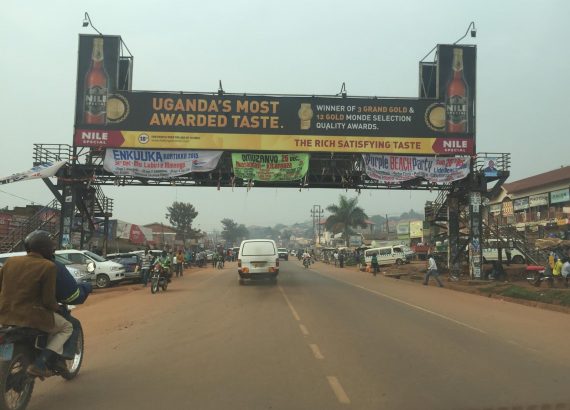
No Comments